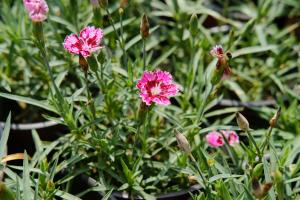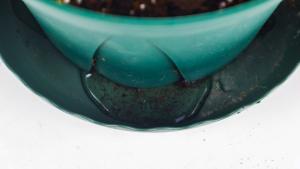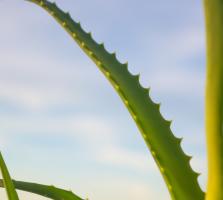Does Bleach Water Kill Plants?
Bleach water is a commonly used disinfectant that may be found in many homes. Nevertheless, if you want to use bleach water in your garden or on your houseplants, you must first understand its potential impact on plants. While bleach water may help disinfect certain areas, it may also cause serious harm to plants if used inappropriately.
How Does Bleach Water Affect Plants?
Bleach water has a pH of around 12.5, which is significantly higher than the pH levels that most plants need to thrive. When you use bleach water on plants, the high pH levels can quickly destroy the plant's cell membranes and chloroplasts, effectively killing it. Additionally, bleach water can damage soil and disrupt the natural balance of microorganisms that are beneficial for healthy plant growth.
Is There Any Safe Way to Use Bleach Water on Plants?
While bleach water is not recommended for regular use on plants, it may be used in rare situations where disinfecting the plant or its surroundings is essential. For example, if a plant is infested with a harmful pest or disease, you may need to use diluted bleach water to disinfect the soil and other affected surfaces. However, you must take precautions to ensure that the bleach water is not too concentrated, and that you rinse the plants thoroughly afterward to remove any traces of bleach.
What Are Some Alternatives to Bleach Water?
If you are concerned about the potential harm of using bleach water on plants, there are several alternatives that you can consider. One option is to use natural products like vinegar or baking soda, which are safer for plants and can still help disinfect surfaces effectively. In addition, you can use organic pest control methods like neem oil or insecticidal soap, which can help control harmful pests without damaging your plants or affecting the soil's natural balance.
Conclusion
In conclusion, bleach water is a powerful disinfectant that must be used with caution around plants. While it can be useful in certain situations, its high pH levels and potential for harm to plant cells make it unsuitable for regular use. If you must use bleach water on plants, dilute it properly and rinse the plants thoroughly afterward. Alternatively, consider using safer natural alternatives or organic pest control methods to protect your plants while keeping them healthy and thriving.

 how many times do yo...
how many times do yo... how many planted tre...
how many planted tre... how many pine trees ...
how many pine trees ... how many pecan trees...
how many pecan trees... how many plants comp...
how many plants comp... how many plants can ...
how many plants can ... how many plants and ...
how many plants and ... how many pepper plan...
how many pepper plan...































